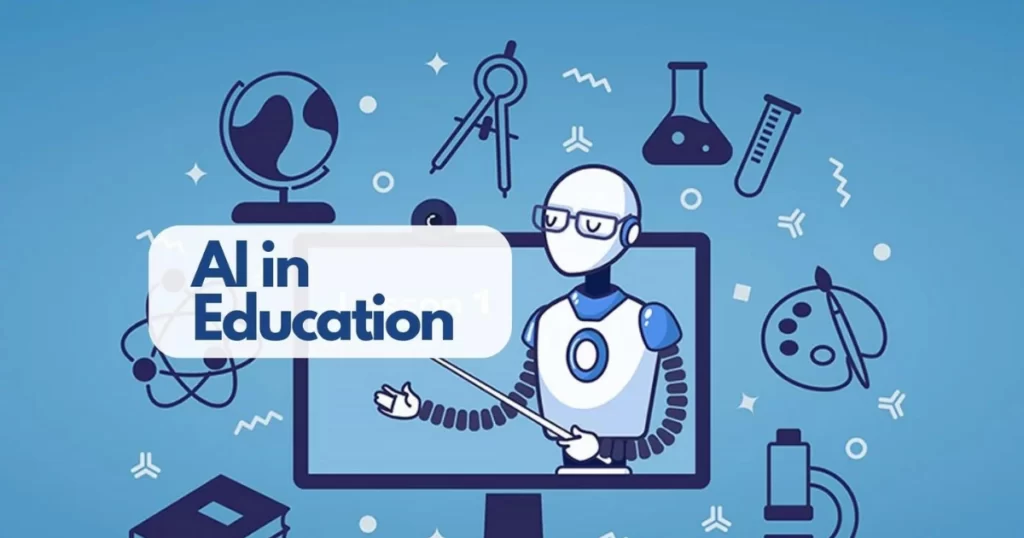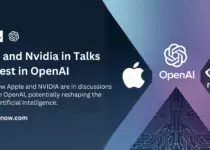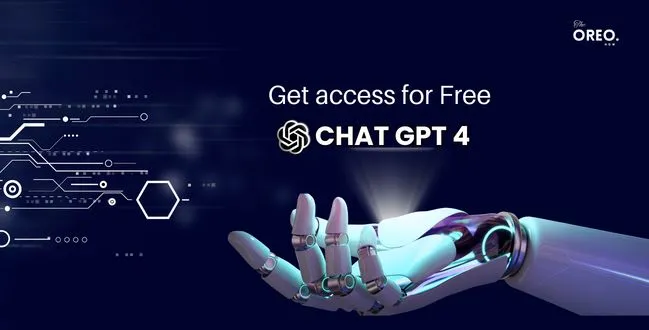The Future of Teaching: How AI is Revolutionizing Education
Artificial intelligence (AI) plays a vital role in education by teaching students about AI’s potential and aiding creative tasks. Patrick Pennefather, a University of British Columbia professor, employs ChatGPT to assist students in emphasizing AI’s value for brainstorming and creative understanding.
Despite concerns like plagiarism, Pennefather believes AI’s educational benefits outweigh the drawbacks, stressing the importance of human involvement in refining AI-generated content.
In creative work, a writer improves the script, followed by input from directors and actors who further enhance it, sometimes using AI for visual elements.
Pennefather acknowledges AI’s contentious integration in creative fields, particularly in Hollywood disputes, and suggests empowering creatives to control AI use and retain ownership to mitigate issues.
Are AI-powered tools potentially problematic for education?
The progress of generative AI has faced substantial challenges, especially regarding the individuals who annotate the data used in their training. These annotators often confront distressing content and receive minimal compensation.
Ebrahim Bagheri, leading an inter-university research effort on responsible AI advancement, highlights the difficult conditions of content moderators in Nairobi, employed by OpenAI, tasked with reviewing explicit and disturbing content while earning less than $2 US per hour.
Bagheri emphasizes the need to raise ethical awareness among students regarding AI development, asking whether they are comfortable using technology that lacks ethical cultivation.
How can AI be an incomparable assistant?
Professor Moulay Akhloufi, who leads the University of Moncton’s Perception, Robotics, and Intelligent Machines Laboratory, sees ChatGPT as a valuable asset for computer science students, considering it an ideal teaching assistant due to its continuous availability and coding support.
While recognizing the importance of critical thinking and the risk of plagiarism, he advocates for the effective use of these tools and educating students on their proper utilization.
Paula MacDowell shares a similar perspective, stressing that AI should not compromise teacher-student relationships, particularly in tasks like crafting report card comments or delivering feedback. She underscores the value of feedback being personal, relational, and meaningful.
What are the benefits of using AI as an assistant?
Utilizing AI as an assistant brings numerous benefits to various domains. It enhances efficiency, provides personalized support, and handles repetitive tasks, ultimately freeing up valuable time and resources for more complex and creative endeavors.
- Personalized Instruction: AI can track student progress and provide tailored feedback, enabling personalized learning at each student’s pace.
- Task Automation: AI can handle tasks like grading, lesson planning, and answering questions, allowing teachers to focus on crucial aspects of teaching.
- Real-time Feedback: AI offers real-time feedback, facilitating quicker skill and understanding improvements.
- Engaging Learning: AI learning can create interactive and captivating learning experiences, keeping students motivated.
- Research Support: AI research helps educators stay updated by collecting and analyzing data on student learning, aiding instructional improvement.
What are the challenges of using AI as an assistant?

Credit- https://www.pickl.ai/blog/application-of-artificial-intelligence-in-education/
Integrating AI assistants presents multifaceted challenges, encompassing issues of bias, privacy, security, cost, acceptance, plagiarism, human connection, and overreliance on technology. Addressing these hurdles is crucial for the responsible adoption of AI.
- Bias: AI may exhibit bias if trained on biased data, potentially leading to unfair or inaccurate guidance.
- Privacy: AI collects extensive student data, raising concerns about privacy, tracking, and discrimination.
- Security: Vulnerabilities in AI systems could expose students to harmful content or data breaches.
- Cost: Developing and maintaining AI assistants can be costly, posing financial constraints for schools.
- Acceptance: Resistance from students and teachers to AI in classrooms may hinder its adoption.
- Plagiarism: AI-generated content may promote plagiarism and academic dishonesty.
- Lack of Human Connection: AI lacks the human touch, making it challenging for students to foster relationships with their teachers.
- Overreliance on Technology: Dependency on AI may lead to teachers depending too heavily on technology, potentially diminishing their skills.
Must Read: Artificial Intelligence in Healthcare



